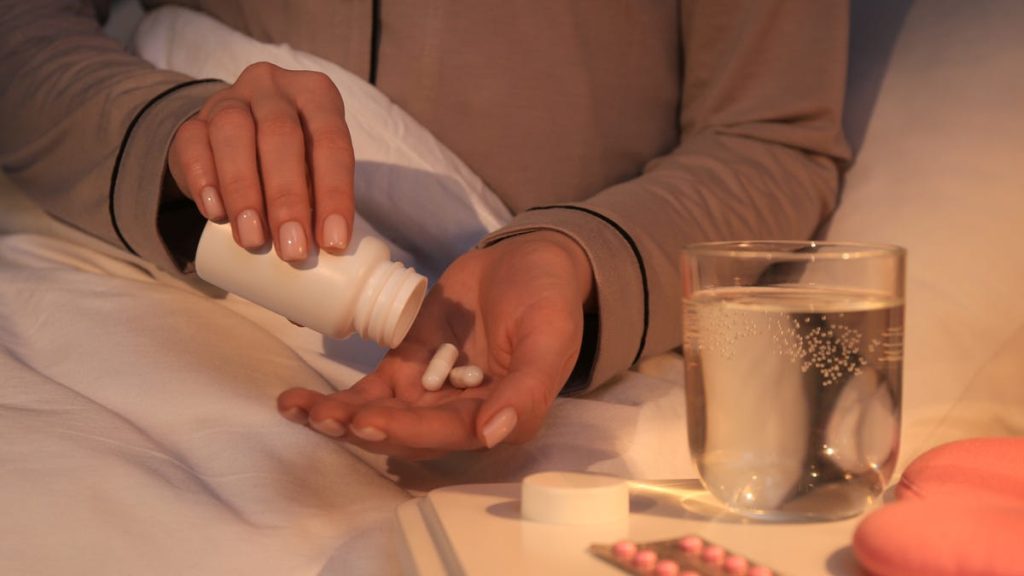Sleep is crucial for overall well-being, affecting mood, brain functions, immune system, and heart health. Despite its importance, many Americans struggle with insomnia. If traditional remedies like nighttime yoga and melatonin have not been effective, gamma-aminobutyric acid (GABA) may be worth considering. GABA is an amino acid naturally found in the body that promotes a calming effect and may serve as a good alternative to melatonin for sleep. While research on GABA is limited, small studies have shown positive results in helping individuals fall asleep more easily.
GABA is a neurotransmitter found in the brain and certain foods like tomatoes and soybeans. It acts as an inhibitory neurotransmitter, reducing brain activity and promoting calmness in the body. GABA supplements can help address anxiety, stress, and an overactive brain, all of which contribute to difficulty falling asleep. Research has shown that low GABA levels are linked to sleep deprivation, and taking GABA before bed has been shown to reduce the time it takes to fall asleep. One benefit of GABA is that it does not leave you feeling groggy in the morning, unlike other sleep medications.
When taking GABA as a sleep aid, it is recommended to take it 30 to 60 minutes before bed for the best results. It can be consumed as a supplement or in food, with fermented foods like kimchi containing natural sources of GABA. It is essential to follow dosage instructions, track your intake and sleep quality, and consult a doctor before starting GABA or any new supplement. While generally safe, some individuals may experience side effects like abdominal pain or headaches, and those at higher risk include pregnant individuals, minors, and those on certain medications.
Beyond its potential as a sleep aid, GABA also shows promise in relieving stress and anxiety. Research supporting GABA as a stress and anxiety reliever continues to emerge, highlighting its potential impact on sleep quality and latency. Before incorporating GABA into your routine, it is important to consult with a healthcare provider, especially if you are taking other medications. While more research is needed to fully understand the effects of GABA on sleep and overall well-being, it may be a valuable supplement to consider for those struggling with insomnia.


